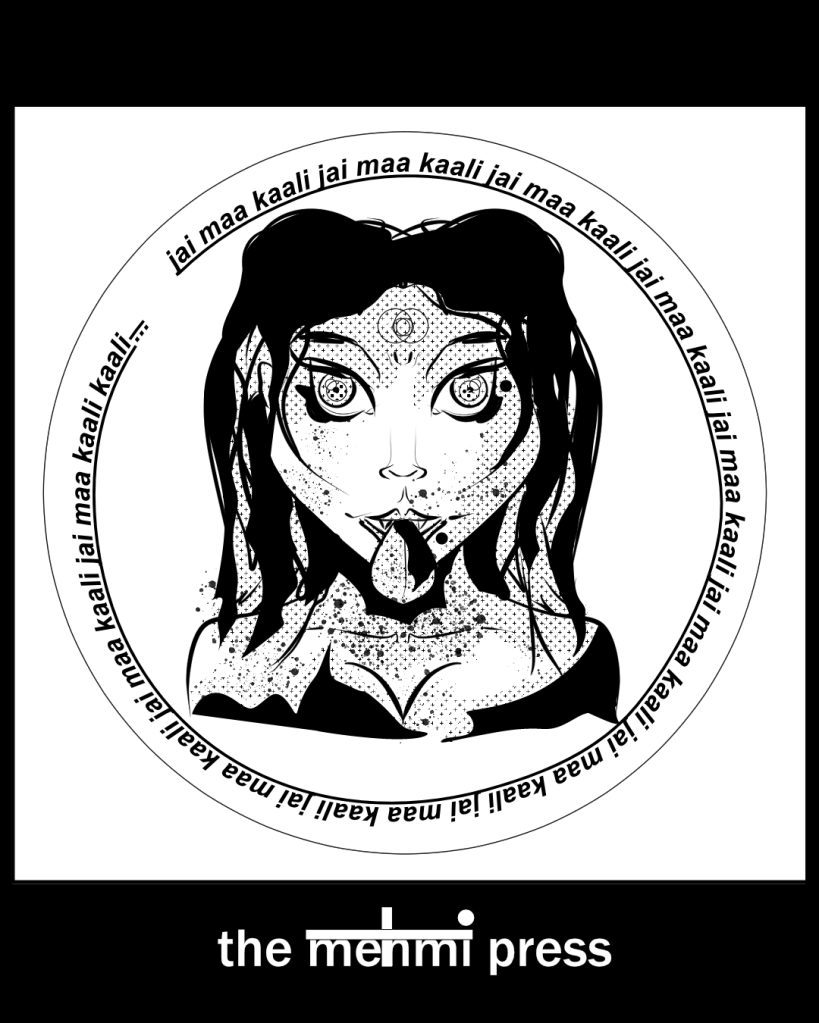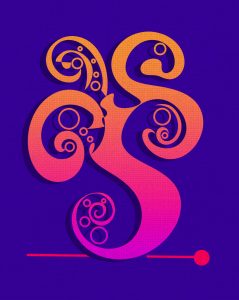04.06.2024

THE MEHMI PRESS:
https://diaryofaloneman.home.blog/
This is a story of one man, from the lowest castes of India, from the rural poor in India, from a working class background, an ethnic minority. A man rejected for no good reason from the Higher Institutions of learning in this country despite a PhD, top publications in journals and a published book proving that he is an expert in his studies. A man with no network. No helpers. A man that works seven days a week and then studies in the mornings and the evenings for an Art History degree. A man with nothing but a laptop. And a free WordPress website. This is the story of a dream of a free, Open Access Press that became a reality. A Press whose books are read or visited every single day. A Press that spreads knowledge about Hindi films and Indian culture, art, fiction, non-fiction. A Press whose mission is to share the gift of decades of reading, learning and writing with the world.
Because books are not money. Books are not commodities. Knowledge is not a commodity. Books are love. And knowledge is love. For the people. For us.
The attainment of knowledge is not for the ego. It is for the community. It is to be shared.
This is the story of a revolt against capitalism, ego, conformism, control, marginalisation and racial subjection. This is the story of genuine freedom of thought. This is the story of anarchism. This is the story of THE MEHMI PRESS.
I have been writing poetry and stories since I was six years old. Maybe even before. It has been my ambition to be a writer for as long as I can remember. Other people think about money, status, fame. I think about writing. That is how I gauge how successful I am in the world – by my contribution to the world of thought and the world of letters. I have been published in student newspapers, in academic journals, in poetry magazines, in the academic press, in social media sites. I write tour scripts in museums. All the different types of media. I have kept a blog site to share my ideas and thoughts.
But, despite that, there was a hunger. I needed something more. I needed something that was my own. Something uncensored. Something where I could express the spirit of anarchy and revolt. Something that could capture the thinking of the revolution. One man against the entire world of injustice. One man against the world of money and its fire of ignorance. One man against the same voices, the same people, the same thinking, the same bullshit. The voice of the Untouchables and the marginalised.
One day, I watched an Indian film ‘Super 30’. It was about Anand Kumar. He was a brilliant mathematician. But he could not accept the offer to go to Cambridge University because he was poor. And so, he started up a movement of free education in India to help poor students get into top universities. He did it with nothing. Except for his brains.
And then, I started thinking about Nietzsche, who wrote what he did without an audience. And Kafka, who never even published in his lifetime. Only his friends read his work.
I realised that I had to forget my ego. To become free, I had to shed the validation of other people and their thoughts about my writing. I had to forget about money. I was going to model THE MEHMI PRESS on Anand Kumar’s model. All you need is your brain. I had the basic necessities: a free WordPress site, internet connection and a laptop. And, I had something more than that: about four decades of experience as a writer.
I didn’t learn book design. I had desktop publishing software – how perfect did I need these books to look? I could do a bit of digital art. The rest was all stuff that I had done before when I wrote and published through all of those places.
So in 2023, I made the move. THE MEHMI PRESS was born.
How successful is THE MEHMI PRESS? It is read basically every single day. Although no one talks about my books and no one tells me about them, people are reading them. Most of them are perhaps people that I know. That is what is most likely. But I do not know who is reading these books. There are no reviews. No comments. No one ever tells me about reading my books. But they are read constantly. So, THE MEHMI PRESS is a success.
Without time, help, friends, connection, a network, any form of love, THE MEHMI PRESS has triumphed. With all the problems I have faced over the past two years, THE MEHMI PRESS has triumphed. Because it is the voice of the counter-culture. Because it is the voice of hope.
If you shed money, shed ego, shed selfishness and greed, if you shed external validation, you can have a genuine, authentic and pure voice. You can have something of your own. If you have ideals, you can create a new space for the people and the community.
THE MEHMI PRESS is dedicated to the Dalit Community, the Untouchables, the lowest castes in India. THE MEHMI PRESS is dedicated to my mother, the immigrant woman from a poor background. THE MEHMI PRESS is dedicated to my grandfather that told me the stories and shaped my life for learning. THE MEHMI PRESS is still in its infancy. There are many voyages to go on yet. Now, I do not have time. But there will be more books in the future. And better books.
As I say, before I start every voyage in this life, Jai Maa Kaali! Minoo tere Shakti didi! (Hail the Dark Mother! Give me your power!)
